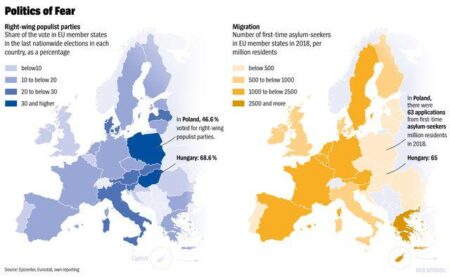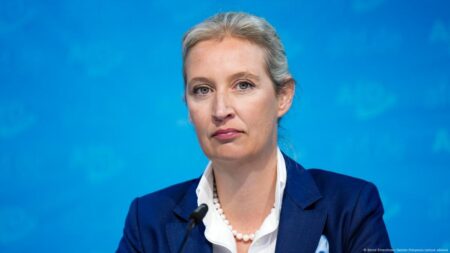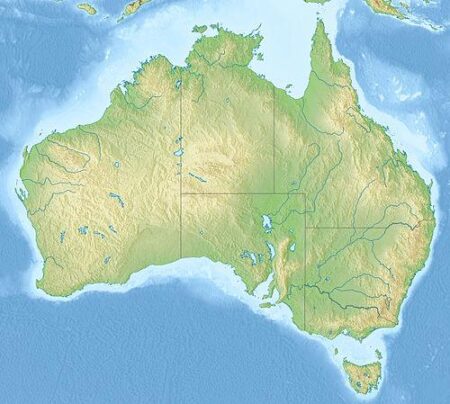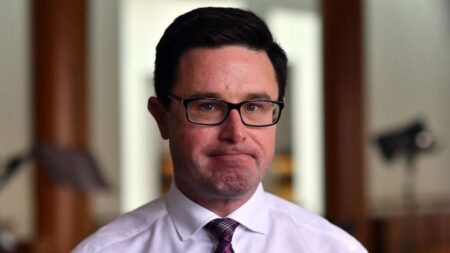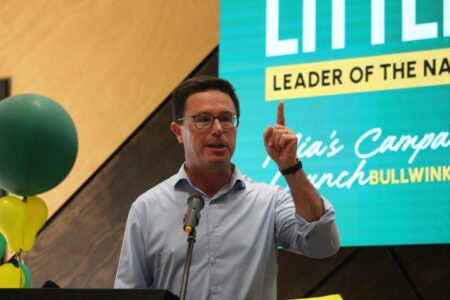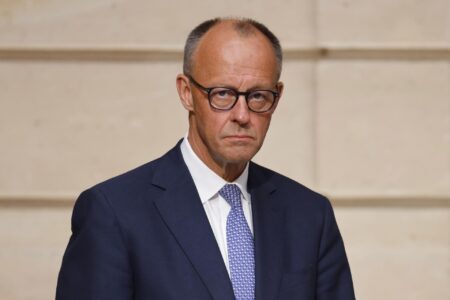Spain’s far-right party Vox has surged ahead, doubling its seats in the Aragon regional elections and signaling a powerful rise in support. This dramatic boost highlights the growing strength of right-wing forces as national polls approach, Reuters reports
Browsing: political parties
Japan’s populist party Sanseito is poised to more than double its seats in the lower house, signaling a dramatic shake-up in the political landscape as the upcoming elections draw near, according to Kyodo News
Team Mirai is surging forward with unstoppable energy as the Lower House elections draw near, electrifying the political arena with a daring new platform and fervent grassroots support. This dynamic movement has the potential to ignite a powerful transformation in Japan’s political landscape
The BJP has surged ahead as the dominant force in Maharashtra’s local polls, leading its alliance to a sweeping and decisive victory. These results showcase strong public support just as the state prepares for pivotal upcoming elections, NDTV reports
Another dramatic floor-crossing marks a pivotal moment in an extraordinary year for Canadian politics, highlighting shifting loyalties and reshaping the parliamentary landscape, CBC reports
Former French President Nicolas Sarkozy has dismissed concerns about the far-right National Rally, boldly declaring the party “not a danger” to France. His remarks come amid growing unease over the rising wave of nationalist sentiment sweeping the nation
Javier Milei declared a “tipping point” as his far-right party surged to stunning victories in Argentina’s midterm elections, signaling a dramatic shift that could reshape the nation’s political future, The Guardian reports
Argentina’s right-wing firebrand Javier Milei storms to victory in pivotal midterm elections, dealing a major blow to the ruling Socialist Party. Milei’s triumph signals a dramatic shift toward conservative policies as the country faces mounting economic challenges
Japan’s ruling Liberal Democratic Party (LDP) and the Japan Innovation Party (JIP) have united to form a dynamic new coalition, Kyodo News reports. This formidable partnership promises to strengthen governance as they prepare to take on the upcoming elections with renewed vigor
Early forecasts reveal a dramatic surge in support for Germany’s far-right parties, with backing tripling in recent local elections. Experts warn this sharp increase highlights a rise in nationalism and intensifying political polarization sweeping across the country
Far-right populist parties have surged to the top of the polls in Germany, France, and Britain for the very first time, signaling a dramatic transformation in Europe’s political landscape, NBC News reports
Populist right-wing parties are surging in polls across Europe’s largest economies, signaling a dramatic shift in voter sentiment. This rising wave is igniting fierce debates about the future direction of the EU’s political landscape
Ahead of the Australian election, both major parties pledged to slash international student numbers. Yet, despite these bold promises, enrolments continue to soar-highlighting a dramatic clash between political ambitions and the unstoppable demand on the ground
Germany’s AfD party hits fresh roadblocks as authorities clamp down on its activities, citing alarming links to extremist groups. This crackdown ignites a heated debate about the balance between political freedoms and protecting democracy
In a remarkable turn of events, Australian politics is buzzing with a fresh emphasis on climate policy as the government commits to ramping up its emission reduction targets. With the election season heating up, the call for decisive action from the public is becoming impossible to ignore.
Australia’s Liberal-National coalition is in turmoil after a stunning defeat in the recent elections. This setback has ignited a leadership crisis, leading to urgent calls for reform and a thorough reevaluation of strategies as the party navigates its uncertain future.
In a recent statement, Coalition member David Littleproud hailed the ongoing discussions about reuniting the party as a “positive move.” This dialogue is not just about coming together; it’s a strategic effort to bolster party unity and elevate its standing as they gear up for future elections.
Canada’s Liberal Party has triumphantly secured 170 seats in parliament after a thorough recount, reinforcing its foothold in the government. This outcome not only showcases the party’s resilience but also sets the stage for tackling pressing national issues amidst a backdrop of challenging political dynamics.
Germany’s Federal Office for the Protection of the Constitution has made a significant move by suspending the “extremist” classification of the Alternative for Germany (AfD) party. This pivotal decision arrives at a time when discussions about the party’s far-right inclinations and its influence on German politics are heating up
In a bold statement, German politician Friedrich Merz has sent a clear message to Donald Trump’s team: stay out of Germany’s political landscape. This call for non-involvement highlights growing worries about foreign influence in national elections, especially as geopolitical tensions continue to escalate.












